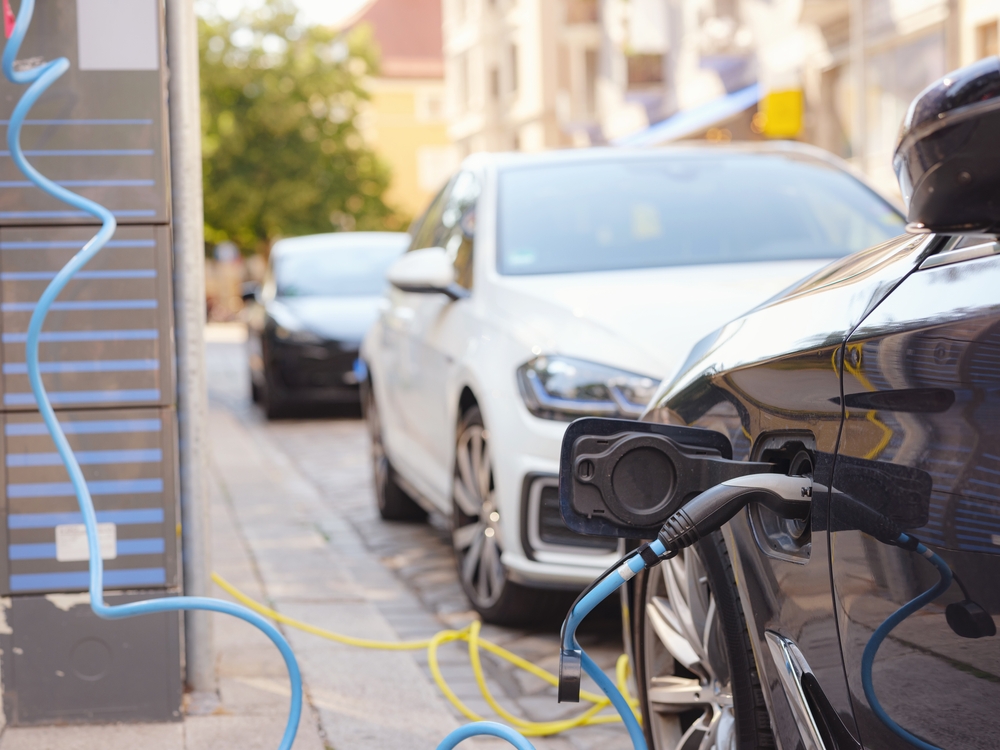Others are reading now
Germany’s electric vehicle (EV) market is experiencing a significant downturn.
Despite the global push towards sustainability and cleaner transportation options, recent statistics reveal a continuous decline in the sales of electric cars in one of Europe’s largest economies.
This trend raises questions about consumer preferences, government incentives, and the future of electric mobility in the region.
The German automotive industry, renowned for its innovation and engineering excellence, seems to be at a crossroads. With a history of dominating the internal combustion engine market, the shift to electric vehicles has been met with both enthusiasm and skepticism.
Also read
However, the latest figures suggest that the road to electrification may be bumpier than anticipated. The decline in EV sales not only impacts manufacturers but also has broader implications for Germany’s environmental goals and its position in the global automotive market.
The reasons behind this unexpected slump are multifaceted. As reported by Ecomento.de analysts point to a combination of factors, including reduced government subsidies, which have historically played a crucial role in making electric vehicles more affordable to the average consumer.
Additionally, concerns about charging infrastructure and range anxiety continue to deter potential buyers. Despite the automotive industry’s efforts to address these issues, public sentiment appears to be shifting, at least for the time being.
Another critical aspect contributing to the decline is the economic climate. With inflation rates rising and economic uncertainty looming, consumers are becoming increasingly cautious about making significant investments, such as purchasing a new vehicle.
This financial prudence is particularly evident in the luxury car segment, where electric models tend to be positioned. As a result, potential buyers are either postponing their purchase decisions or opting for more traditional and familiar internal combustion engine vehicles.
The German government and automotive industry face a challenging task in reigniting interest in electric vehicles. While the long-term benefits of EVs, such as reduced emissions and lower operating costs, remain undisputed, addressing immediate concerns and obstacles is essential for the market to recover. This includes enhancing the charging infrastructure, offering more attractive incentives, and educating the public about the advantages of electric mobility.


